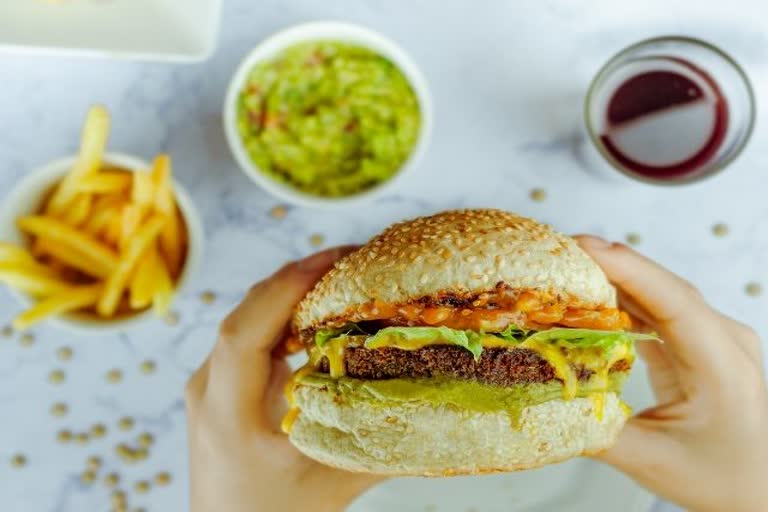Citing recent research that overconsumption of ultra-processed foods (UPF) and beverages lead to overweight and obesity -- key risk factors for cancer, cardiovascular disease, non-alcoholic fatty liver and various other deadly diseases; BPNI, Nutrition Advocacy in Public Interest (NAPI) and several public health organisations called upon the Centre to urgently consider the application of mandatory warning labels on ultra-processed foods and food products high in sugar/salt or saturated fat.
The webinar was chaired by Suneela Garg, President, Indian Association of Preventive and Social Medicine (IAPSM).
"Right-to-health is a fundamental right of every human being & youths health is Nations wealth. Therefore in the Indian context, states are required to adopt regulatory measures such as front-of-package warning labelling on foods and beverages containing excessive amounts of critical nutrients such as sugar to tackle the rising burden of obesity and NCDs," she said.
Experts from the Paediatric and Adolescent Nutrition Society (PAN) - IAP Nutrition Chapter and Epidemiology Foundation of India (EFI) pointed out that the food industry wants to delay and dilute the warning labels guidelines as there is vested interest.
They emphasised that the marketing of packaged food items are a health hazard for children under five years and adolescents as they are the most vulnerable group to NCDs because of unhealthy food products consumption.
Presenting evidence from around the world, Neha Khandpur, an expert and faculty of public health from the University of Sao Paulo, Brazil's Centre for Nutrition said: "Warning labels have consistently been shown to be most effective at improving consumer understanding, at influencing their purchase decisions and at supporting healthy food choices. They also are most likely to encourage product reformulation. Warning labels are the strongest nutrient-based label that India should consider implementing."
According to Euromonitor estimates, the sale of UPF has increased from 2 kg per capita in 2005 to 6 kg in 2019 and is expected to grow to 8 kg in 2024.
Similarly, beverages have gone up from less than 2 litres in 2005 to about 8 litres in 2019 and are expected to grow to 10 litres in 2024.




